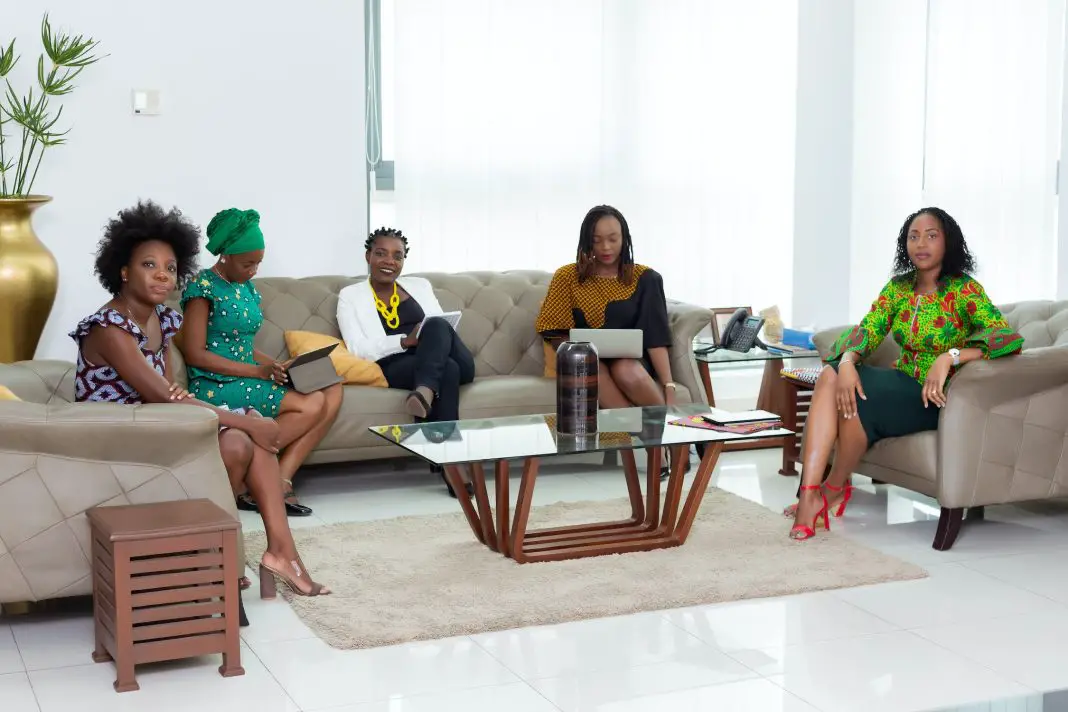There is a documentary that I love to watch from time to time. It is called The Ascent of Woman and was curated by the historian Dr. Amanda Foreman. In it, the story of women and our relationship with misogyny is traced from different periods in history.
In one of the episodes, the abortion rights movement in America was discussed. What struck me in that episode was the importance of money and funding even for women’s rights.
Dr. Foreman explained that Margaret Sanger who was a pioneer in the abortion rights movement had tried severally to get funding for research to create the pill and other contraception.
However, there wasn’t any concrete response from men and the research for the pill only kickstarted when another rich woman empathised with the cause and deposited a check for it.
I have often thought about that scenario when I hear people say women, especially in political spaces, need more mentoring. This is even when these women already have some history working as volunteers for political parties or even working as unpaid interns.
It is not that mentoring in itself is a bad thing. Infact, I would argue that mentoring from older women is a necessary thing for any young girl aspiring to a leadership position. Mentoring has its benefits.
That said, I must ask why when it concerns women we bring up the issue of mentoring while still encouraging and funding mediocre men as they learn on the job. What is it about supporting women financially that most investors run away from? Is mentoring the easy way out because it hardly requires zero financial commitment?
Even more, why do we expect women to be extraordinary in politics and business before they can be on the receiving end of help and angel investors?
Speaking with Kendra, a women’s health educator, she explained that in femtech which is tech around women’s health, people are less willing to invest because it is an issue that primarily concerns women.
To quote her: One of the areas that women are severely underfunded and I’m using the word severely because of how bad it is women’s health and femtech. Although we’ve had recent developments in these areas, it’s still very much below par.
I was reading a newsletter sometime this week about how femtech funding in Canada has dipped to 52%.”
She went on to say: “Investors don’t want to fund anything related to the health of women because they believe it’s not worth investing into.
Menstrual issues and reproductive health issues are still shunned and looked aside; apparently it’s a taboo topic but come on we are literally in the 21st century right.
Did you know that diabetes has more research funding compared to endometriosis?
It’s strange and I still cannot wrap my head around it.”
For Kintan, a writer and politics enthusiast, the area where women are underfunded for her remains politics. She explained that in politics, the reason why we hardly have women visible is due to a lack of funding and active support.
In her words: “For me it’s in politics!
There’s so much mentoring and there’s little funding. Women are not pushed into the limelight in active politicking and it’s a lack of funding issue. Media rounds and all those, there’s no solid team. Men can afford to do that because they usually have more money and support”.
It is not only in politics and women’s health that women need funding.
In areas concerning women’s sexual violence, it is imperative to note that the NGO space is severely underfunded such that most organisations that address rape and violence against women run on volunteer basis.
It is this lack of funding that I believe is a major factor in the scarcity of women’s shelters in Nigeria.
The truth is that we still live in a world defined by money and this is such that women’s rights too is influenced by the presence or lack thereof of money.
True allyship in men is not just in saying that men should do better. It is in financially better men using their privilege to fund feminist projects where they can.
It is even more importantly seen in women being encouraged to grow and learn as they get opportunities without the requirement of perfection from women.

Angel Nduka-Nwosu is a writer, journalist and editor. She moonlights occasionally as a podcaster on As Angel Was Sayin’. Catch her on all socials @asangelwassayin.

